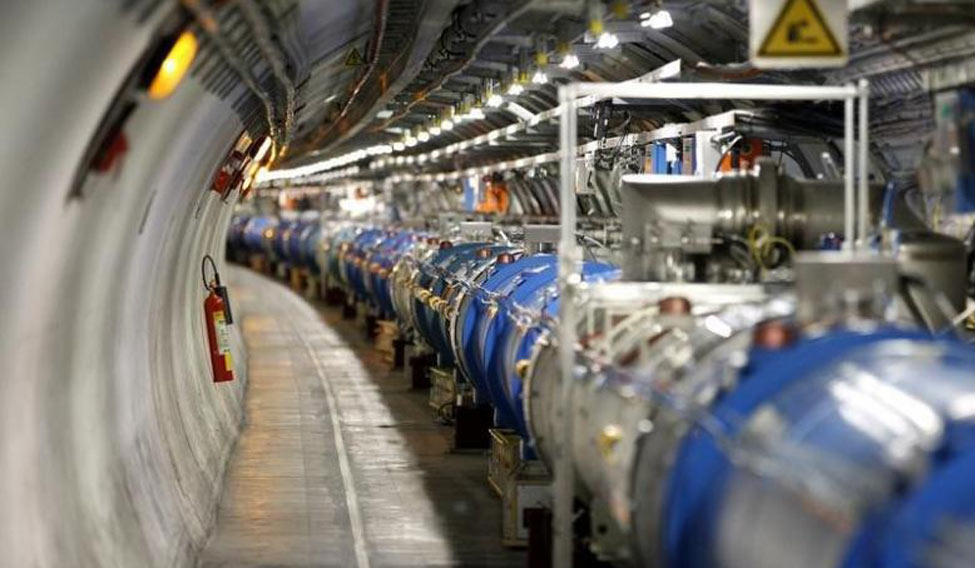Machine learning algorithms offer better data analysis at CERN
AI to enhance data analysis for the world's most powerful particle collider

Scientists say they have created new techniques that deploy machine learning to significantly improve data analysis for the Large Hadron Collider (LHC), the world's most powerful particle accelerator.
"The methods we developed greatly enhance our discovery potential for new physics at the LHC," said Kyle Cranmer, a professor at the New York University (NYU) in the US.
Located at the CERN laboratory near Geneva, Switzerland, the LHC is probing a new frontier in high-energy physics.
The facility may reveal the origin of mass of fundamental particles, the source of the illusive dark matter that fills the universe, and even extra dimensions of space, researchers said.
In 2012, data collected by the LHC backed the existence of the Higgs boson, a sub-atomic particle that plays a key role in our understanding of the universe.
The following year, Peter Higgs and Francois Englert received the Nobel Prize in Physics in recognition of their work in developing the theory of what is now known as the Higgs field, which gives elementary particles mass.
The study, published in the journal Physical Review Letters, offers the possibility for additional, pioneering discoveries.
"In many areas of science, simulations provide the best descriptions of a complicated phenomenon, but they are difficult to use in the context of data analysis," said Cranmer.
"The techniques we have developed build a bridge allowing us to exploit these very accurate simulations in the context of data analysis," Cranmer said.
Machine learning excels at gleaning patterns in data, and this capability can be used to summarise simulated data providing the modern-day equivalent to a black board full of equations, Cranmer said.
Comments
Post a Comment